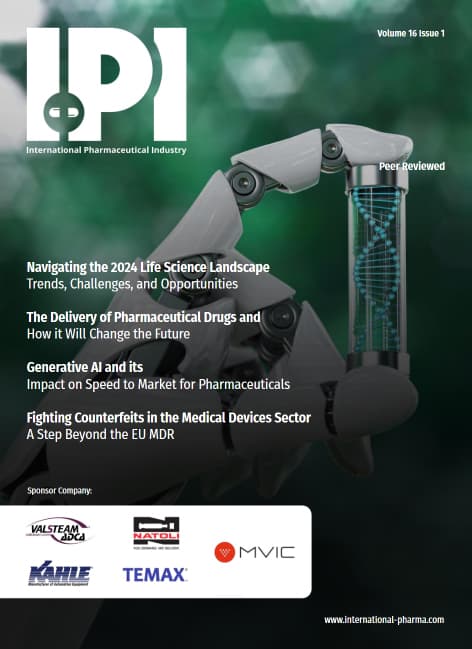The procedure is carried out following the completion of surgery to remove all visible diseases.
Over the past two years, Norfolk and Norwich University Hospitals (NNUH) have successfully established the UK’s only gynecology program administering heated intraperitoneal chemotherapy (HIPEC) at the time of surgery for patients with ovarian cancer.
During this period the multidisciplinary team has completed 40 cases, recording good outcomes in the process. These results have been achieved by a vast team including consultants, nurses, healthcare assistants, pharmacists, occupational therapists, and clerical staff across the surgical and medical divisions.
HIPEC is a procedure carried out following the completion of complex surgery to remove all visible diseases in the abdomen and pelvis. Following the initial procedure, a 40-42°C solution is washed through the patient in order to kill off any remaining cells.
Patients have to meet strict criteria – their cancer must be advanced but not spread to other organs unless it is a different type of cancer and not linked to the first. Furthermore, they must be assessed as fit enough to undergo major surgery.
NNUH consultant gynecology surgeon, Nikos Burbos, reflected: “At the moment we are treating 20-30 of our most advanced ovarian cancer patients a year. These are people who have the most aggressive form of cancer, but who we feel the benefit from this procedure.
“This is also a procedure which comes with a lot of risks and therefore needs a highly specialised team to be able to carry it out,” he added. “We require highly specialised anesthetists to be alongside the patient throughout. These are trailblazing anesthetists who we have on board here.”
Julie Cooper, head of grants, Norfolk & Norwich Hospitals Charity, concluded: “The Norfolk and Norwich Hospitals Charity are delighted to have been able to fund the purchase of the HIPEC, thanks to money transferred from the Friends of the Hospital when they closed their charity.
“This is yet another example of our local community donating to support improvements at our hospitals, over and above what the NHS must fund, and we are very grateful to everyone who has made this possible.”

























